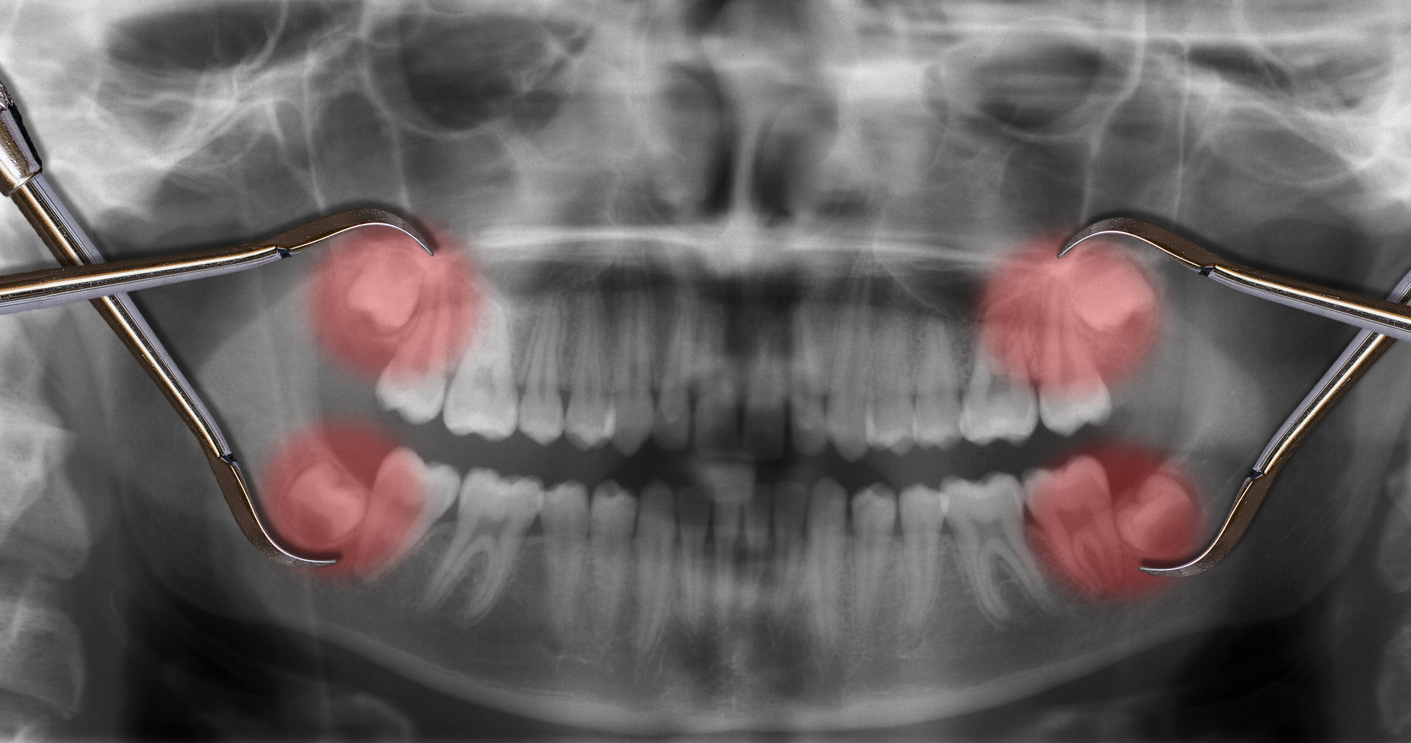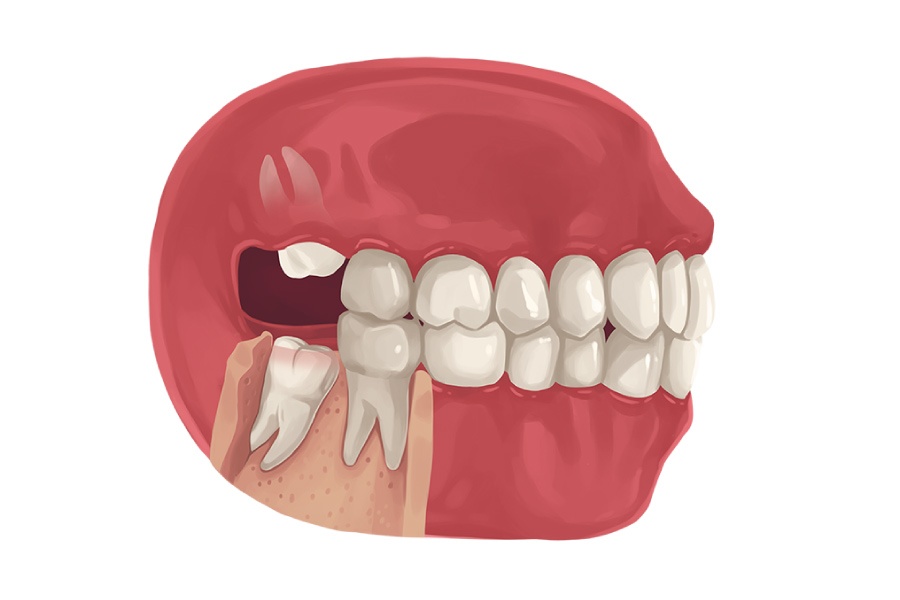Discovering Different Sedation Options for a Comfy Knowledge Teeth Removal Experience
The use of sedation during such treatments has actually become progressively typical to reduce anxiety and pain. With an array of sedation choices offered, from local anesthetic to basic anesthesia, each method uses differing levels of relaxation and pain control.
Neighborhood Anesthetic
Neighborhood anesthesia is a commonly utilized approach for numbing particular areas of the mouth during wisdom teeth removal procedures. By carrying out a neighborhood anesthetic, such as lidocaine, a dental professional can make certain that the patient stays comfortable and pain-free throughout the extraction process.
One of the key advantages of regional anesthesia is its targeted numbing result, which implies that just the specific location being treated is impacted. This local approach reduces the threat of systemic negative effects and enables a quicker recovery post-procedure. In addition, regional anesthesia is taken into consideration to be a routine and risk-free technique in dental care, with very little risks involved when administered by a trained professional.
Laughing Gas
Laughing gas, commonly recognized as laughing gas, is a type of sedation often used in dentistry to assist individuals kick back during dental procedures. It is a secure and effective approach that entails inhaling a combination of nitrous oxide and oxygen through a mask put over the nose. One of the key advantages of nitrous oxide is its quick onset of activity, generally within minutes, supplying almost instant leisure for the individual. This sedation option allows the client to continue to be responsive and mindful throughout the procedure while really feeling secure and comfortable.
Additionally, nitrous oxide is recognized for its fast healing time. When the mask is eliminated, the results of the gas wear off quickly, permitting patients to resume their normal activities without lingering sedative impacts. This makes nitrous oxide a hassle-free choice for those who need to drive themselves home after the oral appointment. Furthermore, laughing gas appropriates for people of every ages, making it a functional sedation alternative for wisdom teeth extractions and other dental treatments.
Oral Sedation
Dental sedation, a pharmacological technique employed in dentistry, involves the administration of sedative medicines by mouth to cause a kicked back state during oral procedures. This form of sedation is frequently used for clients going through wisdom teeth removal to minimize anxiousness and discomfort. The medicines recommended for oral sedation belong to a course of medicines called benzodiazepines, which have sedative, anxiolytic, and amnesic residential or commercial properties. Typically, the individual takes the recommended medication before the procedure, enabling ample time for the sedative impacts to hold.
Unlike intravenous sedation, dental sedation does not call for needles or shots, making it a more comfortable choice for people with an anxiety of needles. In addition, dental sedation is considered reliable and safe when administered by qualified oral professionals.
IV Sedation
Provided intravenously by experienced physician, IV sedation is a powerful technique utilized to generate a controlled state of deep leisure and unconsciousness during oral treatments. Unlike dental sedation, which can be unpredictable in its impacts, IV sedation enables for accurate control over the level of sedation, making it an excellent option for intricate procedures like wisdom teeth extractions.
Throughout IV sedation, a sedative medication is delivered straight right into the blood stream through a vein, allowing it to take impact promptly and efficiently. This approach ensures that the person remains uninformed and comfortable of the treatment while still preserving vital functions such as breathing and heart rate.
One of the primary advantages of IV sedation is its capacity to offer a much deeper degree of sedation contrasted to other approaches, making it particularly suitable for patients with high degrees of stress and anxiety or those going through extensive oral work (wisdom teeth removal aspendale). Additionally, the results of IV sedation generally wear away slowly after the procedure, lowering the chance of grogginess or sticking around side impacts. On the whole, IV sedation provides a efficient and risk-free choice for guaranteeing a comfortable and stress-free experience throughout wisdom teeth removal

General Anesthesia
Having actually reviewed the advantages of IV sedation for wisdom teeth removal, the usage of general anesthesia provides a different option for patients calling for a deeper level of unfamiliarity throughout dental procedures. General anesthesia causes a controlled state of unfamiliarity, making sure the client really feels no discomfort or pain during the extraction procedure. This approach is particularly useful for people with serious oral anxiety, facility surgical find out here now requirements, or those undergoing several extractions all at once.
General anesthesia is administered by a skilled anesthesiologist that closely keeps an eye on the person's essential indications throughout the treatment. It involves using intravenous medications or breathed in gases to cause a state of unconsciousness. While under general anesthesia, the person will not recognize the surgical procedure, experience any type of pain, or have any recollection of the treatment later.
Although general anesthesia is safe when carried out by qualified experts, it brings a slightly greater risk contrasted to other sedation choices try this web-site - wisdom teeth removal aspendale. Individuals considering basic anesthetic for wisdom teeth removal ought to review the prospective threats and benefits with their dental practitioner or oral specialist to make an educated choice based upon their individual requirements and case history

Final Thought
In final thought, different sedation options are available to guarantee a comfy wisdom teeth extraction experience. Dental sedation and IV sedation deal deeper degrees of leisure, depending on the person's demands.
Nitrous oxide is appropriate for individuals of all ages, making it a versatile sedation option for wisdom teeth extractions and various other dental treatments.
